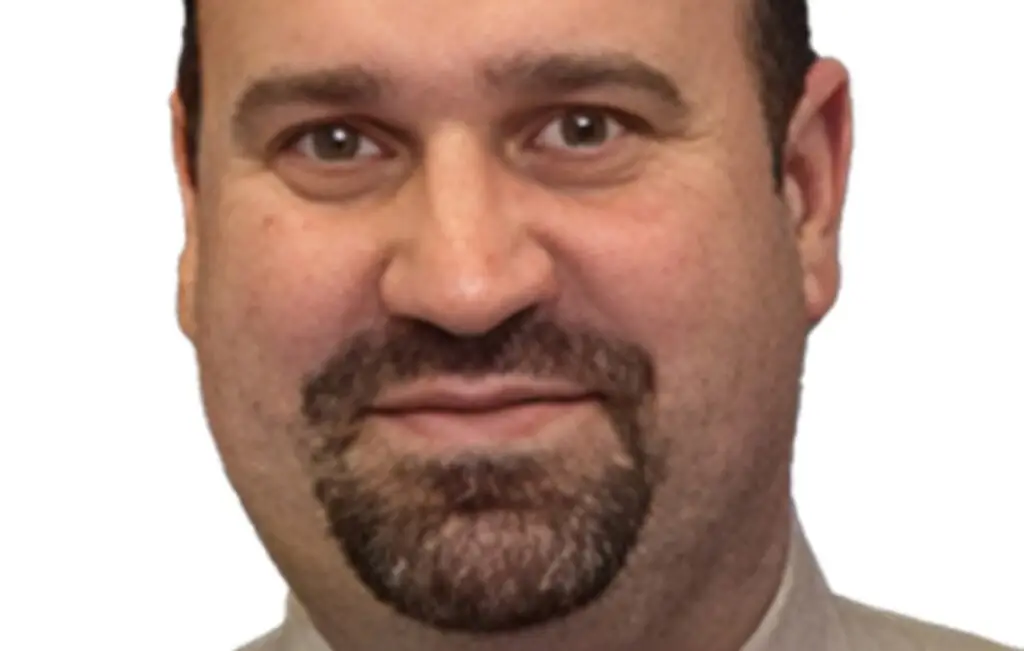For Julie Zubak, a strong HR leader needs to have high emotional intelligence and be deeply attuned to the needs of the workforce. “Every company is unique, but in a service-based industry, people and culture are everything,” she says. “The success of the company, and the success of its clients, relies entirely on the team members: their skills, perspectives, work ethic and ability to collaborate.”
As chief people officer at Power Digital, a digital marketing agency based in San Diego, California, Zubak has developed her own strategy to build a people-first culture: ask questions.
Zubak shares how she came to the HR profession and how she and her team continue to create a workplace that centers the employee experience.
You started your career in marketing before getting into HR. How did your career evolve from marketing into your current role as chief people officer at Power Digital?
My career started in marketing, and early on, I realized that success in a service-based industry isn’t just about strategy; it’s about people. Building the best teams, ensuring the right people are in the right roles and fostering a culture of collaboration became my primary focus. The most effective marketing teams aren’t just talented individuals, they’re cohesive groups aligned in their values, working together toward shared goals.
As I became more involved in team dynamics—understanding what motivates people, what drives performance and how to create an environment where people thrive—I naturally gravitated toward HR.
At Power Digital, I had the opportunity to formalize this passion by shaping the company’s approach to talent acquisition, culture and leadership development. Transitioning into HR allowed me to take a more strategic role in ensuring that our people, and therefore our business, are set up for success.
Based on your experience, what would you say are some of the most important qualities of a successful HR leader?
Every company is unique, but in a service-based industry, people and culture are everything. The success of the company, and the success of its clients, relies entirely on the team members: their skills, perspectives, work ethic and ability to collaborate.
A strong HR leader needs to have high emotional intelligence and be deeply attuned to the needs of the workforce. They need to be able to understand and anticipate the challenges team members face, ensuring they feel valued, supported and empowered.
Relatability is also key. People want to work in an environment where they feel heard and understood. An effective HR leader fosters a culture of respect and autonomy, aligning the goals of individuals with the goals of the company. When team members feel engaged and connected, they perform at their best, which ultimately drives both business growth and talent retention.
Many companies talk about the importance of culture, but what are the practical aspects to building a people-first culture?
Culture isn’t created from the top down—it’s built by the people within an
organization. It starts with defining core values and ensuring that every decision, from hiring to leadership development, aligns with those values.
At Power Digital, we take a structured approach to fostering a strong people-first culture:
- Hiring for cultural fit. We don’t just look at skills and experience; we ensure that every new hire aligns with our core values and brings a collaborative mindset.
- Structured team support. We created a dedicated “people division” with teams focused on talent acquisition, onboarding, learning and development, experience and culture. Each of these teams plays a role in ensuring our team feels supported at every stage of their journey.
- Continuous learning and development. We invested in a learning management system to streamline training and provide our team with the resources they need to grow. We also offer offsite leadership development programs to strengthen team bonds and coaching abilities.
- Culture-driven initiatives. A people-first culture is about more than policies; it’s about experience. We organize birthday and anniversary celebrations, weekly catered lunches, happy hours and team bonding events. We also recognize the importance of mental well-being by offering “Mental Health Recharge Days,” allowing team members to take time off for self-care.
The result? A workplace where people feel engaged, valued, and motivated. These efforts have directly contributed to our over 91 percent retention rate, 5,000-plus inbound job applications per month and a high percentage of employee referrals. When companies invest in culture, they invest in their long-term success.
What advice would you give to companies that want to improve employee retention?
Listen. Then act.
One of the biggest mistakes companies make is assuming they already know what’s best for their team members. In reality, the best insights come directly from the people on the ground. Retention isn’t about throwing perks at your team, it’s about creating an environment where they feel heard, supported and empowered.
At Power Digital, we actively seek team feedback and, most importantly, take action on it. We ask our team: “What’s working well? What would you change about the company and why? What do you need to do your best work?”
When team members see that their input leads to real change, they develop a stronger sense of loyalty and engagement. It’s simple: People stay where they feel valued. Retention is about creating a culture where all team members feel they have a voice, a purpose and a path for growth. When companies prioritize this, they naturally build a workplace that people want to be a part of.








